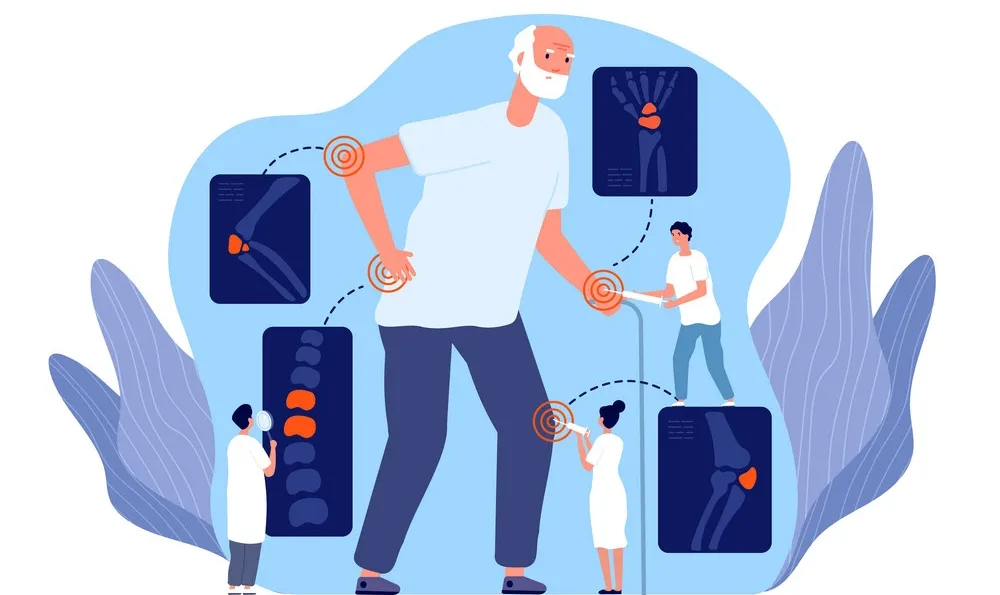Which disease causes the deficiency of calcium in the bones?
Houston Endocrine Center2023-01-19T13:27:11+00:00
Calcium is the most important mineral for the human body. It helps to maintain strong and healthy bones, teeth, and blood vessels. For example, calcium helps regulate the heartbeat and send messages from nerve cells to muscles. It would help if you had a daily supply of calcium for all these tasks. However, many diseases can affect this mineral in your body leading to deficiency or osteoporosis, which can cause serious health issues such as fragile bones.
What is calcium deficiency?

The most common signs of a calcium deficiency are:
- Weak bones
- Osteoporosis or brittle bones
- Muscle cramping or spasms, especially in your calves and thighs. This may be caused by calcium deficiency because calcium is needed for muscle contraction.
What is osteoporosis?

It is a disease in which the bones become weak and more likely to break. It usually occurs after age 50 but can occur at any age. Osteoporosis causes more than 2 million fractures each year, including:
- More than 250,000 hip fractures
- More than 200,000 vertebral fractures (spinal compression)
- About 70 percent of all forearm fractures (Colles’s fracture)
- 25 percent of all wrist fractures
.
Why do people develop osteoporosis?

The most common cause of osteoporosis is a lack of bone calcium. But other factors can lead to this condition. These include:
- Heredity – if your parents or grandparents had osteoporosis, you are more likely to develop it yourself.
- Dieting – losing weight too quickly or eating very little may cause a deficiency in calcium, leading to weak bones later in life. If you go through periods where you have anorexia or bulimia, the chances of developing osteoporosis increase greatly. The same goes for those who suffer from bulimia nervosa and anorexia nervosa because they all involve malnutrition and metabolic disturbances, which can be damaging over time!
- Alcoholism also increases your risk of developing osteoporosis due to its negative effects on the kidneys’ ability to filter toxins. At the same time, physical activity helps build strong muscles within our bodies that help protect us against fractures later down the road (which means less chance of breaking!) Suppose anything else comes up during treatment, such as chemotherapy. In that case, this could also increase chances dramatically since radiation therapy causes many side effects, including radiation pneumonitis, which sometimes results in death among patients undergoing treatment.
What are the common symptoms of osteoporosis?
- Back pain
- Bone pain
- Hip pain
- Joint pain
- Bruising easily
How can you prevent osteoporosis?

- Eat a healthy diet with calcium-rich foods like dairy products and leafy green vegetables. A healthful diet is also high in vitamin D, which helps your body absorb calcium.
- Exercise regularly. Weight-bearing exercises like walking, running, and dancing help keep bones strong.
- If you have osteoporosis, talk with your doctor about taking supplements to prevent fractures or falls by helping you absorb more calcium from food and supplements or by lowering the amount of calcium lost through urine and feces (bowel movements).
- Get enough vitamin D if you don’t get enough natural sunlight on your skin during the day (for example, if you live far from the equator), especially if you are older than 50.
Conclusion
The answer to the question above is that osteoporosis is one of the most common causes of calcium deficiency. Osteoporotic bone disease is the most common cause of calcium deficiency in older people.
